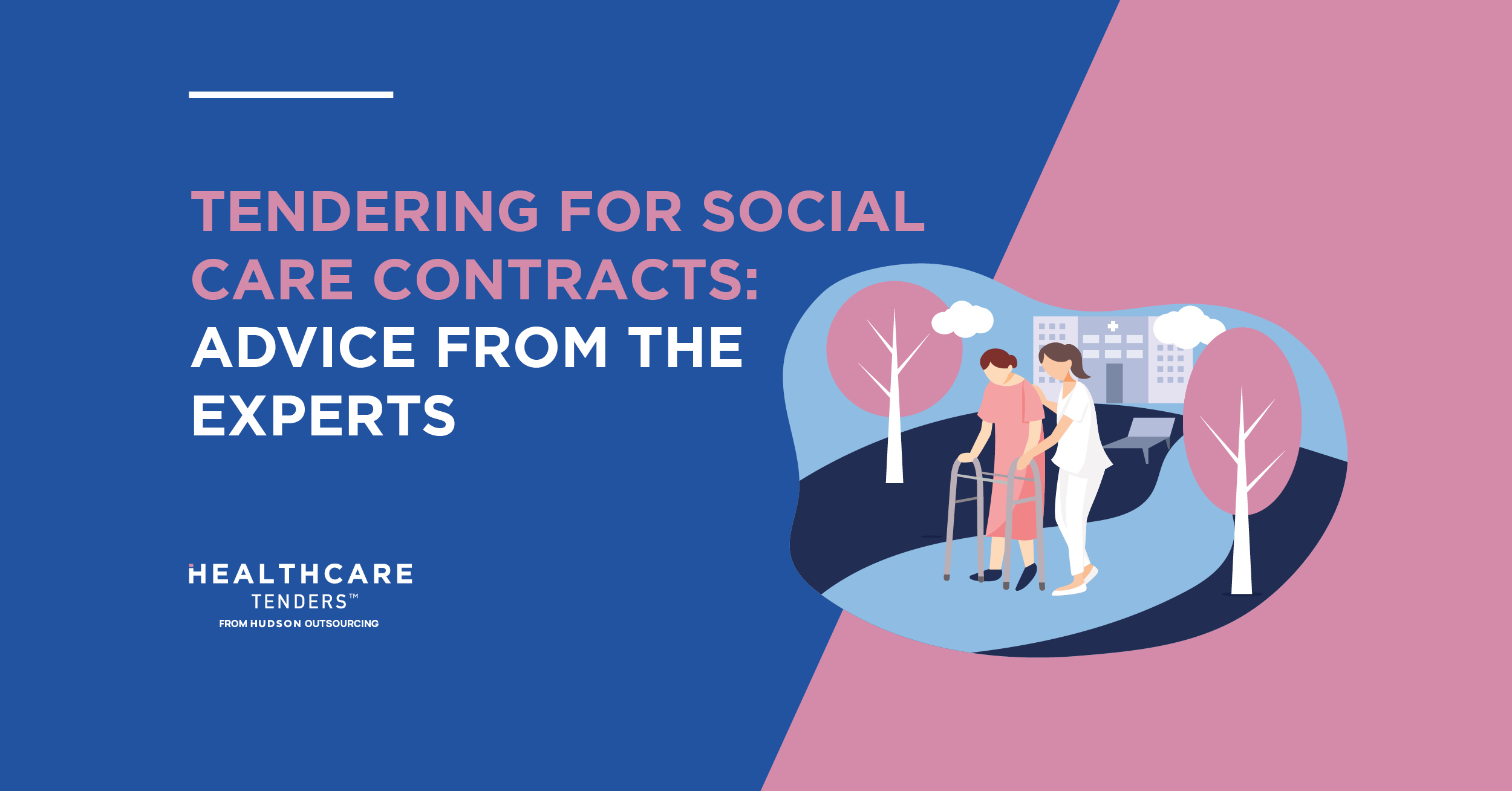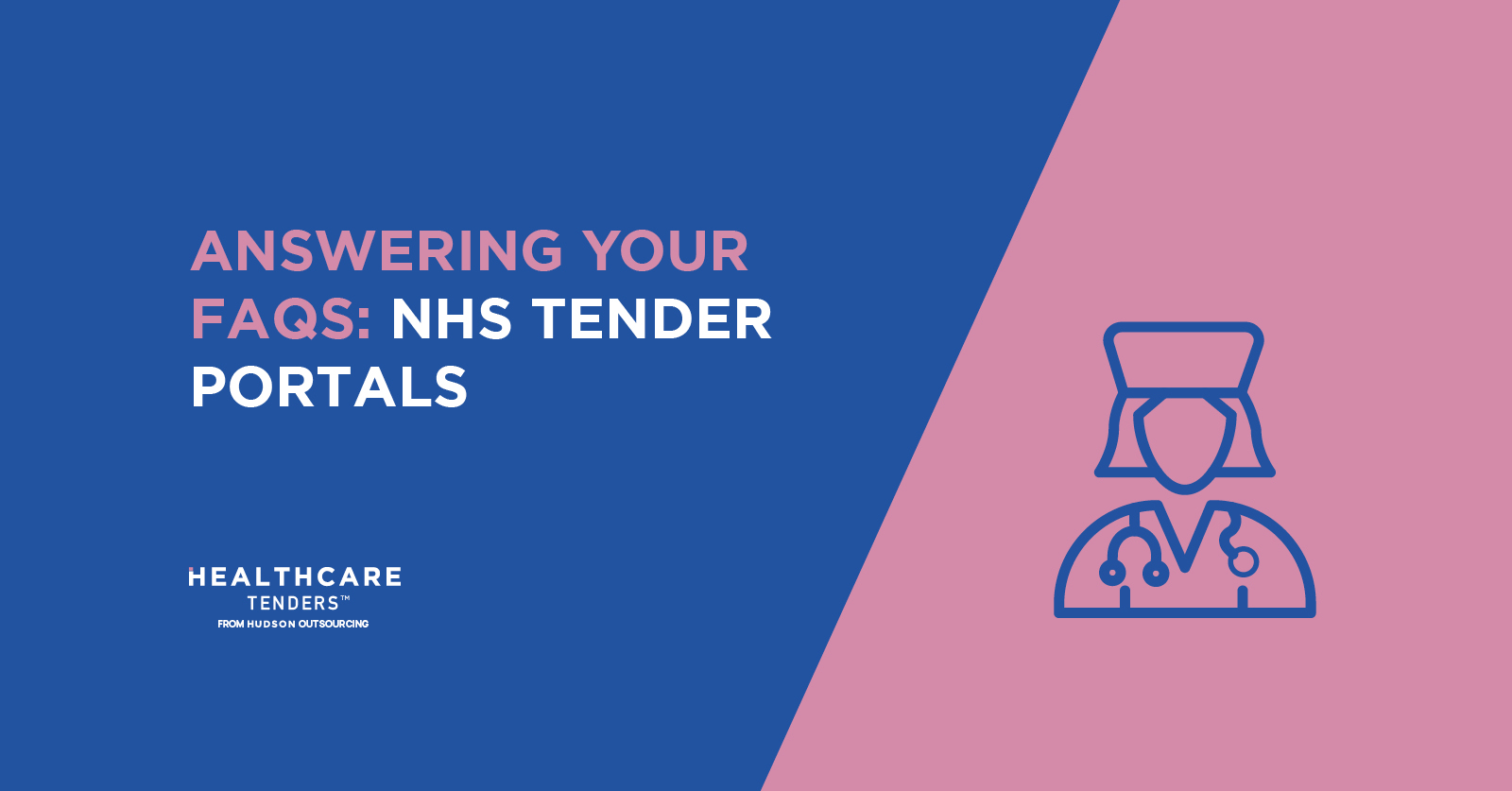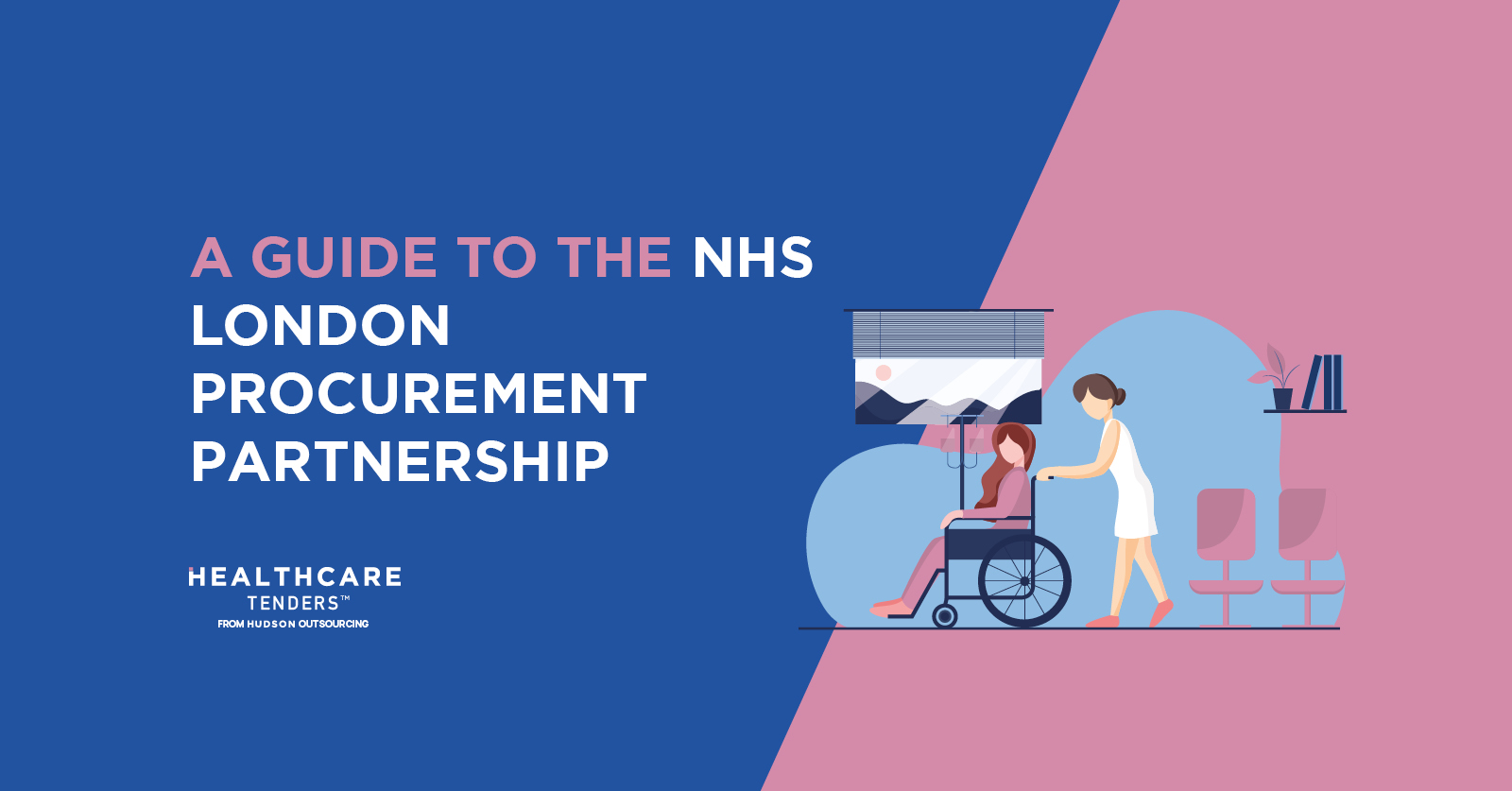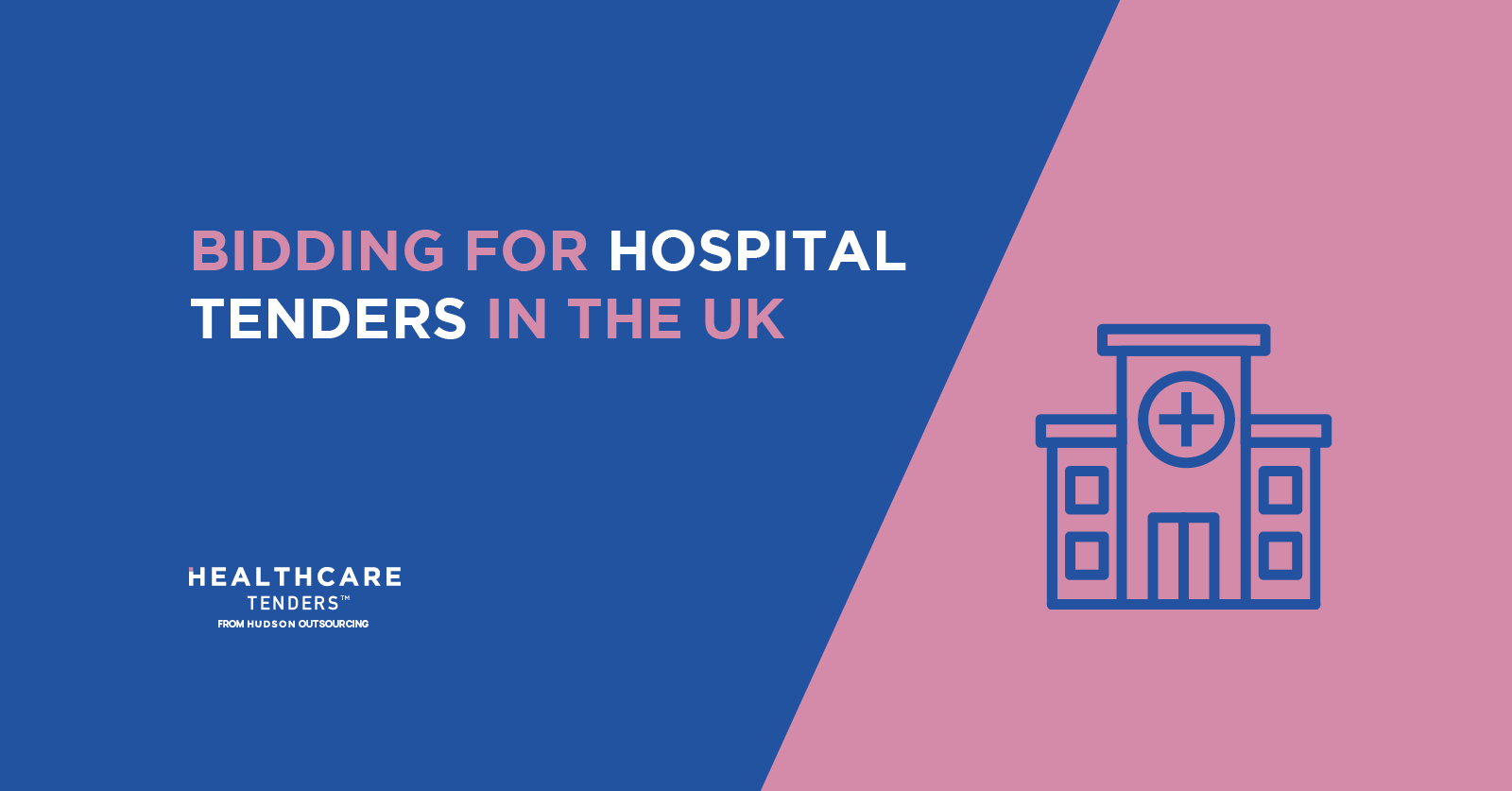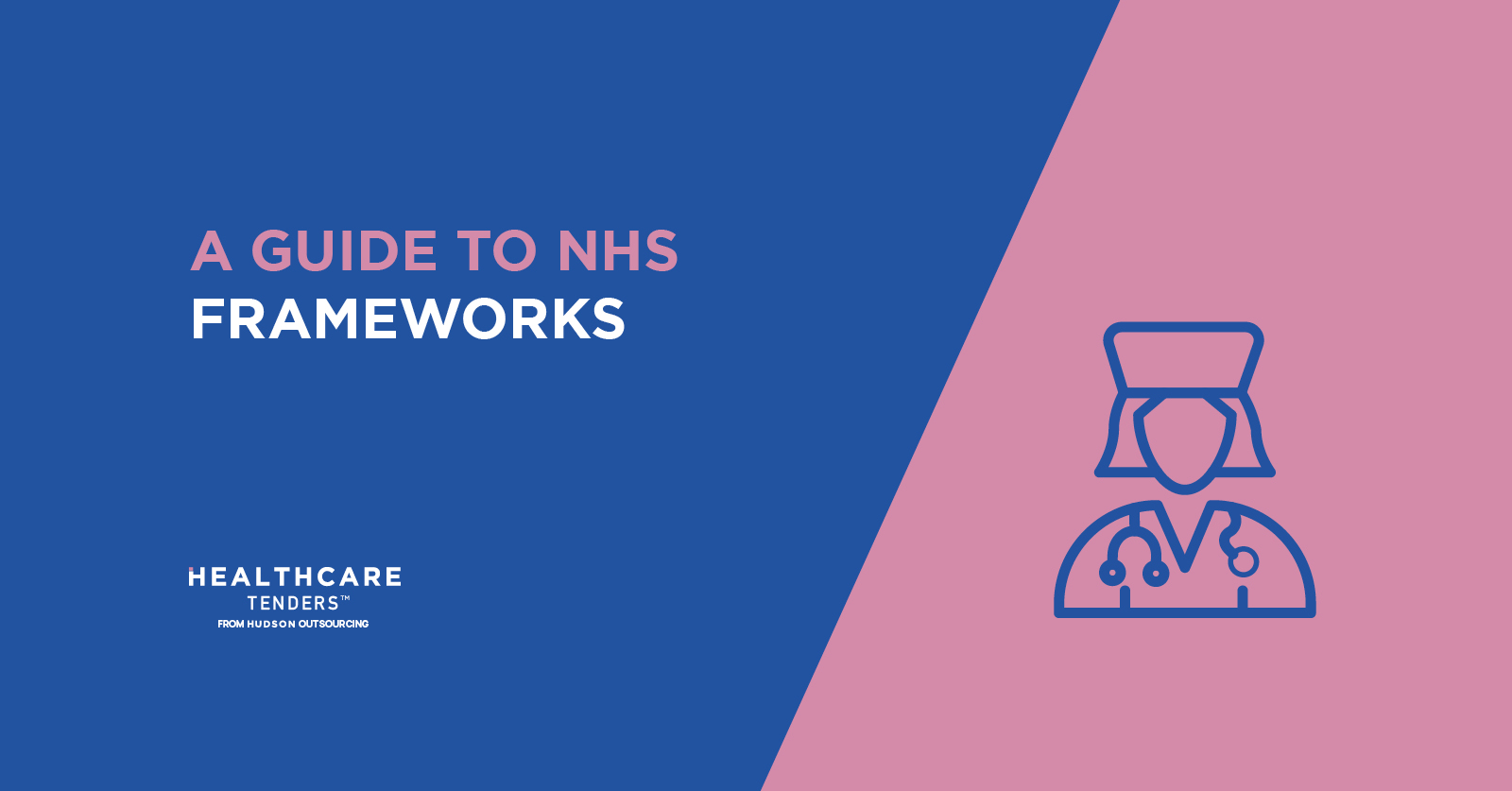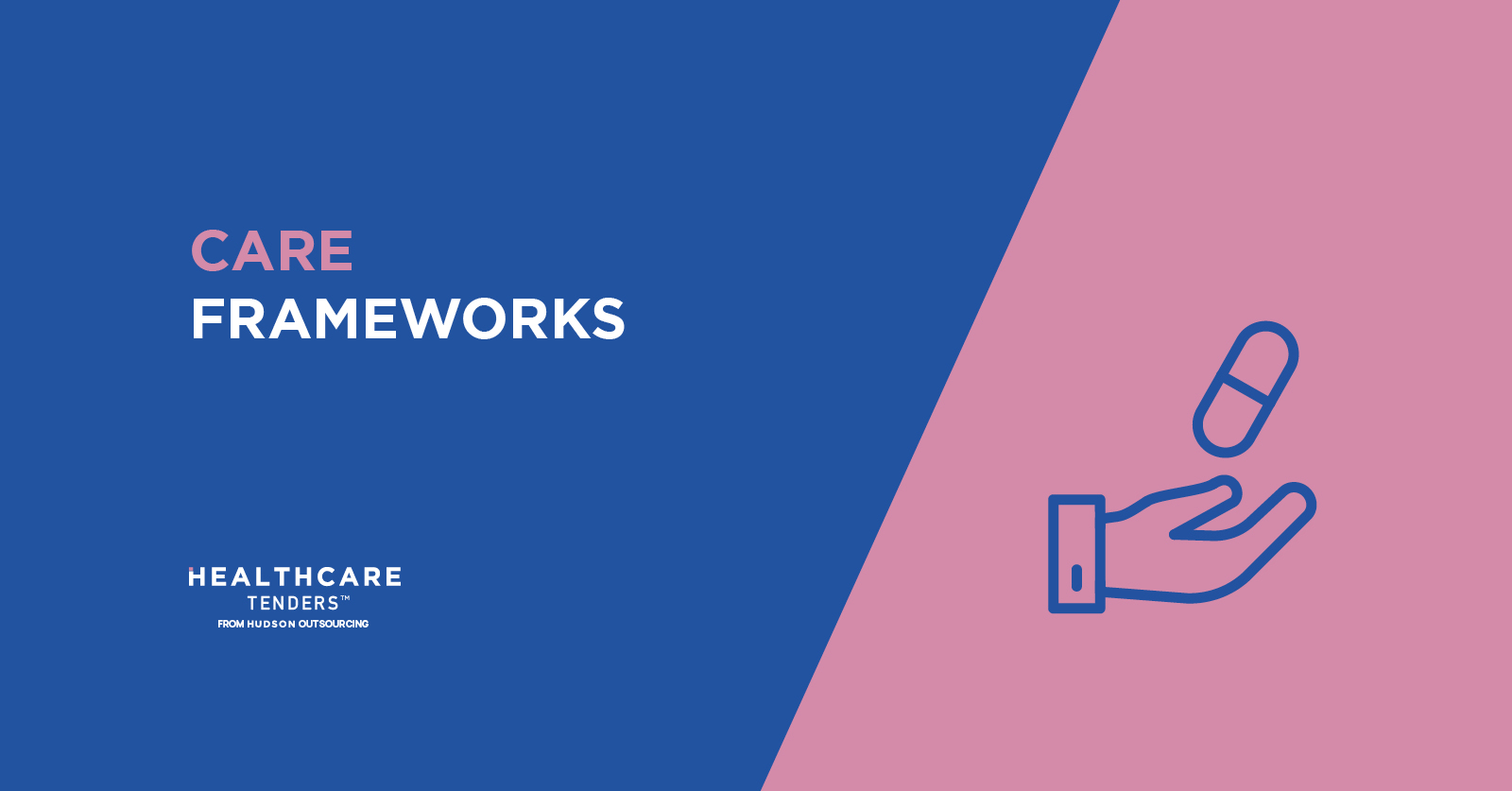Everything you need to know about the NHS London Procurement Partnership
The NHS London Procurement Partnership (NHS LPP) is one of four national procurement hubs across the UK.
The NHS London Procurement Partnership serves the health community in London and the surrounding areas. Their services extend across the mental health, community and acute sectors, clinical commissioning and primary care.
What makes the NHS LLP unique is that they are collectively owned by all their members, not just one organisation. This allows their members to have equal status and input into their vision, products, structure and services. They have a number of membership forums and the governance of a member-led Steering Board.
The NHS London Procurement Partnership has the same priorities as the regional and national agendas. This includes the:
- NHS Long Term Plan
- Integrated Care Systems
- Procurement Target Operating Model
The four NHS procurement hubs are:
- NHS Commercial Solutions
- NHS North of England Commercial Procurement Collaborative
- East of England NHS Collaborative Procurement Hub
- NHS London Procurement Hub
NHS London Procurement Partnership members have access to framework agreements developed by each of the above.
What is a framework agreement?
Now that is all cleared up, you might be wondering what a framework agreement actually is. Healthcare services/goods are often procured through framework agreements. Frameworks are used to appoint multiple organisations to provide healthcare services/goods, sometimes over several years.
Some frameworks enable you to choose a ‘Lot’. A ‘Lot’ is often a specific service or region and enables you to work alongside other service providers on a contract. If you secure a place on a framework, it can place your organisation in good stead for future contracts. It can also secure you a steady income over the contract period.
NHS London Procurement Partnership framework agreements:
The NHS LPP manages, maintains and develops procurement framework agreements for the NHS and other public sector organisations.
Every hospital and GP within the procurement hub region will be a member of the procurement hub. The members are the customers, and the ones procuring the goods or services from the suppliers on the framework. They all agree to procure from these central hubs.
Suppliers who wish to join the framework will need to complete a pre-qualifying questionnaire (PQQ). Once they have passed the PQQ, they will then receive the invitation to tender (ITT).
However, completing the ITT doesn’t guarantee you work.
Some frameworks may award work to all successful suppliers, whereas others may then undergo mini competitions. In this case, suppliers will only have to submit an ITT if on the framework. They won’t need to complete a new PQQ. This makes for a faster and easier procurement process on both ends.
Remember these three key themes when applying to any NHS London Procurement Partnership framework:
- Sustainability
- Value for money
- Security of supply
The NHS London Procurement Partnership includes live contracts that fall within the following four categories:
-
Clinical Digital Solutions (CDS)
The NHS LPP CDS offers a service-led approach to clinical digital procurement. This area provides specialist expertise in complex, fully integrated digital health and IT infrastructure solutions.
The NHS London Procurement Partnership supports the NHS and the wider public sector to future-proof new technology contracts. They want to ensure that additional charges and variations to contracts are limited. By doing this, they can achieve substantial savings on multi-million-pound contracts.
Some of the CDS live contract opportunities are:
- Information Management & Technology
- Health & Social Care Apps DPS
-
Estates, Facilities and Professional Services
The NHS LPP are interested in procurement within the following subsections:
- Transport
- Management
- Minor works
- Bespoke support services
- Utility contracts
The NHS LPP are looking to reduce their carbon emissions. They’re hoping to meet the government and NHS England net-zero commitments which will, in turn, reduce hospital admissions. This is an important thing to bear in mind when applying to be a part of the framework.
Social value is key and means a great deal. You will score highly if you work this into your proposal. They’re looking for suppliers that can provide long-term, sustainable solutions.
Some of the current live opportunities they are looking to procure are for:
- Legal Services
- Linen and Laundry Services
- Analysis and Reconciliation
- Medium Value Works
- Payroll Services
-
Medicines Optimisation and Pharmacy Procurement
This sector of the NHS LPP comprises of clinical specialists. They support medicine optimisation through a pan-London approach aligning with quality, safety and value priorities. The NHS LPP are looking for patient pathways that improve patient care and population health. They do this by promoting equity and reducing unwarranted variation across the system. They work closely with NHS England, NHS Improvement, clinical networks and the Academic Health Science Networks. Some of the current live opportunities include:
- Homecare contracts
- Medical gases
- Contrast media
- Parental nutrition products
-
Workforce
The Workforce Team at the NHS London Procurement Partnership supports the public sector across all aspects of ‘hire to retire’. They link all elements of workforce management enabling them to streamline the employment process. They are facing the issue of managing an aging workforce and looking to implement new Integrated Care Systems (ICS). This is a good opportunity if you can provide:
- Solutions across permanent and temporary staffing, increasing your strategic workforce planning.
- Market intelligence on supplier insights and legislative perspective.
- New market solutions that fit the needs of an organisation that don’t exist within the market.
- Non-clinical temporary and fixed-term staff.
- International recruitment,
They also include two additional products and services that the NHS LLP cover which are:
The NHS London Procurement Partnership Consultancy Team provides technical expertise to deliver complex procurements. They do this for the NHS and the wider public sector. They work with the NHS to create bespoke plans delivering complex outcomes and supporting transformation change. Innovative and sustainable patient outcomes are a strong focus.
The NHS LPP Business Intelligence Team have access to data from the NHS and its suppliers. They categorise, analyse and more without the data leaving the organisation. They connect trusts across London, enabling them to work together.
6 things to include for a successful LPP framework application
Before you even begin your application for an LPP framework, you should ask yourself the following:
- Do I have enough experience and the necessary qualifications required?
If your answer is no to any of the above questions, then perhaps this opportunity isn’t right for you. Really question yourself whether to bid or not to bid. It’s best to clarify this at the beginning of the process as opposed to further down the line. Giving it some proper thought can save you time and money in the long run.
You should read the tender specification carefully paying attention to the requirements. Even if there are 70 pages. You don’t want to spend the time writing your response to find out you missed a requirement on page 57.
-
Plan accordingly
Plan accordingly and give yourself enough time. It’s best to give yourself too much time than not enough time when preparing for and LPP framework response. It’s best to wage in extra time for any unexpected hiccups to occur that could delay your submission. Deadlines are final and there are no exceptions or extensions.
Set yourself and your team realistic deadlines, allowing plenty of time for detailed responses. Once you decide to apply, the first thing you should do is note the submission date and time.
-
Ask clarification questions if needed
It’s likely during your tendering career that you come across something in the specification that doesn’t make sense. If you’re unsure of something in the tender documents, you should ask a clarification question. You should note when the clarification question deadline is, as it may be significantly before the submission deadline.
Before you ask your clarification questions(s), read through the feed and see what other bidders have asked. You never know, your question could be one which a number of others are unclear about. If you do need to ask a question, it’s best to keep it clear, concise and anonymous. You don’t want to tip off your competitors that you’re applying to this LPP framework.
-
The devil is in the detail
Detailed responses are often well-received however, you don’t want to go into unnecessary detail. You want to avoid overly technical jargon and don’t leave any room for the buyer to make assumptions. Your response should be detailed enough to match the word and page counts. They are there for a reason. If a buyer thinks a response is worth 500 words, then two sentences won’t suffice. It’s a fine balance. Ultimately, you want to be persuasive in your response and demonstrate that you’re the best company for the job.
-
Be the MEAT
Public sector organisations have a responsibility to spend taxpayers’ money resourcefully. Thus, organisations such as the NHS are always looking for value for money. LPP framework places are always awarded to the most economically advantageous tenders, known as the MEAT.
The buyer is looking at more than just price. They will be looking at a combination of things combined and individually ensuring the best value for money. These could include, but aren’t limited to the following:
- Innovation
- Quality
- Patient care
- Technical ability
- Accessibility
- Improved patient outcomes
- Proposed design.
-
Social value
Following on from value for money and MEAT is social value. Public sector organisations have a mandatory minimum 10% weighting on social value. This is not something to be glossed over in your LPP framework response. Your social value responses should include the social, environmental and economic aspects of the contract. The NHS and DHSC have a focus on sustainability and innovation, so it’s best you include these.
The buyers want to see you making promises that you can keep. They want to know that you’re committed to things such as:
- COVID-19 recovery
- Tackling climate change
- Reducing waste and encouraging recycling
- Tackling economic inequality through the National Living Wage
- Creating a fair and diverse workplace
- Encouraging upskilling within the local communities, tackling the long-term unemployed
- Ethical supply chains
- Reducing carbon footprint.
-
Evidence is key
Evidence is key when applying to join an LPP framework. You will be required to provide examples and evidence that you have the necessary experience to carry out the requirements. Often, buyers may ask for up to three case studies within the last five years.
These case studies should be similar in scope and scale to demonstrate your capabilities. The NHS likes to see concrete evidence of successful contract fulfilments. You should be prepared to attach testimonials from previous happy clients. This will strengthen your response and reassures the buyer that you know what you’re doing.
Depending on the word count for your LPP framework response, you could note how you overcame any unexpected challenges. This can show your problem-solving skills and ability to adapt and be flexible which is sometimes needed within a framework.
Need help with bid writing?
After finding an NHS framework you want to go for, the next step is writing and submitting your bid. This can be a daunting idea if you’ve never done it before. It can be a lengthy and time-consuming process. This is where we come in.
Our Bid Writers have an 87% success rate and over 40 years of bidding experience. We offer four bid writing packages to help you with your bid. These are:
Tender Ready
The Tender Ready package is for those who are completely new to the tendering process and never tendered before. We offer a three-stage process and the programme can last up to three months. If you choose this option, you’ll receive:
-
A 12 month Discover subscription to Healthcare Tenders
This summarises the UK’s latest private and public sector opportunities. You’ll get daily notifications via email about new healthcare opportunities.
-
Access to Global Bid Directors and Senior Bidding Professionals
Our Bid Writers have over 40 years of bidding experience in numerous industries. You will also have access to a dedicated Bid Consultant. They can answer any questions or queries you may have on the tendering or framework agreement process.
-
An Organisation-wide bid library
This includes developing new bid-specific content ranging from:
- 3 case studies
- 5 CV’s
- 8 policies
We provide a templated library for your team to easily manage all content. We’ll arrange all of your company credentials, undertaking a full bid library audit. We’ll also provide advice and guidance on how to increase your tender quality and competitiveness.
-
Additional Flexible Benefits Options
Meet the specific needs of your business and tendering activity over 3 days’ worth of consultancy. You can choose from one of the three following options:
- A bespoke proposal covering 5,000 words of boilerplate responses accustomed to your company. This is fully editable and designed on Microsoft Word.
- Three days Bid Consultancy support, coaching and training with Hudson’s senior team.
- Three days Bid Consultancy support towards one tender, private sector proposal or public sector framework.
Tender Improvement
Have you been tendering to the best of your ability but aren’t seeing results? Our Bid Writers will assess your previous tender responses and work with you to develop improved content as part of Tender Improvement.
Tender Mentor
Our Tender Mentor service analyses your tender content and checks for any errors before you submit your tender response.
Tender Writing
If you’re interested in getting a place on the NHS London Procurement Partnership framework, we can help. Our Bid Writers will help you every step of the way. They’ll write the tender response for you and even submit the bid on your behalf.
This package is priced per bid and will provide you with a full Tender Writing breakdown. You’ll know how long it’ll take, what we need from you and when you’ll see an initial and final draft.
How can Healthcare Tenders help you find NHS contracts?
Our Healthcare Tenders portal is home to hundreds of live healthcare tenders and frameworks and Dynamic Purchasing Systems (DPS). A DPS, like a framework agreement, can be worth millions of pounds. This is because they can run for years. Applying for a DPS or framework is flexible, meaning you can join any time! They’re a great opportunity that could benefit your business if you secure a place. Get in touch today and find out how we can help grow your business.
Opportunities for Healthcare Tenders are available across the whole of the UK. It’s likely that there will be a suitable tender opportunity for your business near you.
We source healthcare business leads for sub-sectors including:
Our portal is different because we don’t rely on CPV codes. CPV codes can often be confusing and unreliable. Our Opportunity Trackers manually search through thousands of sources every day, bringing you the most relevant contracts for your business. This means that each opportunity is new and brings with it the potential to add value to your organisation.
The portal’s search function is easy to use. You’re able to filter your results by region, keyword, budget or sector. This takes the headache out of searching for your new healthcare tender. This allows you to focus on the more important things such as running your business.
Book a free, live demo to gain further insight into our services and see which opportunities can benefit your business.
Save even more time by upgrading to Discover Elite
Discover Elite’s two new time-saving packages can help optimise your tendering efforts even when you’re busy! An on-hand Account Manager will carefully consider which tenders are most suitable for your business. They can give you advice on applying to the LPP framework, helping improve your competitor awareness and bid success rate.
The Ultimate Time-Saving Tool offers your business:
- An annual subscription to a maximum of two Discover portals of your choice. This option is perfect if your business overlaps two industries such as Healthcare and Technology, for example.
- Up to five bid breakdowns per month to help you make your bid or no-bid
- Weekly phone calls with your dedicated Account Manager to discuss viable healthcare leads and tendering opportunities.
- Award and pre-market engagement notices monitored on your behalf.
- Public and private buyer portal management including registering, password management, downloading documents and assessing viability based on your bid strategy.
Become a Pre-Bid Master package includes:
- All of the above.
- Up to seven tender breakdowns per month.
- The development of a bid strategy delivered by a Senior Bid Manager with a minimum of 5 years of experience. It will also be managed by our Global Bid Director.
Contact us for more information.
